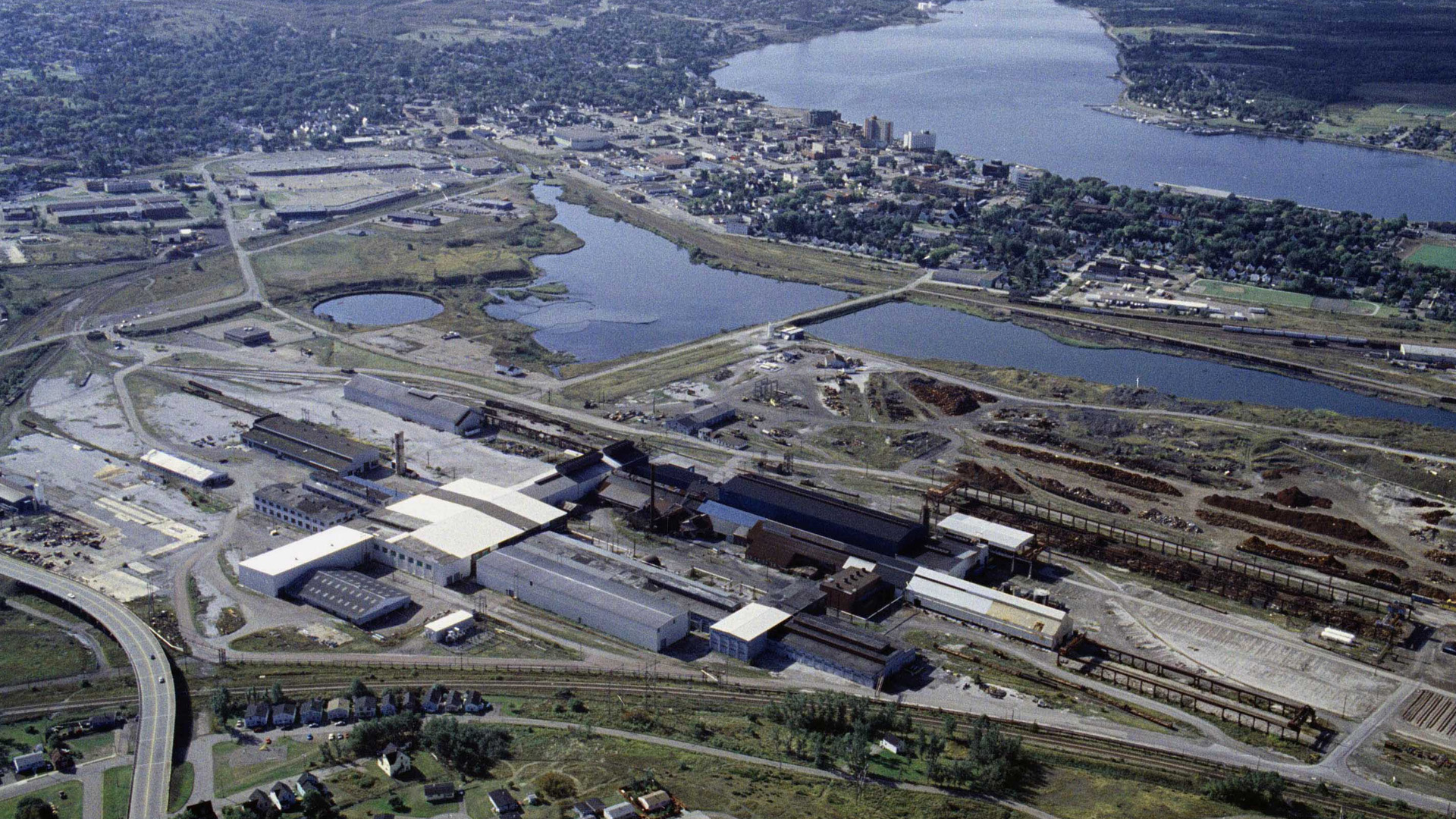
(Version française disponible ici)
Prime Minister Mark Carney’s ambitious plan to fast-track major projects represents a once-in-a-generation nation-building opportunity. From critical minerals and electricity transmission to pipelines and clean energy grids, these projects promise to reshape Canada’s economic landscape.
But there’s a critical piece missing from this vision: ensuring the communities where these projects will be built have the necessary skilled workers.
Strategic workforce development aligned with these major projects holds immense potential to improve the resilience of these communities as they face potential disruption from a range of factors, including the global energy transition and U.S. President Donald Trump’s tariffs and other threats to Canada.
To achieve this, governments should take three steps: offer flexible skills programming that enables community-led training initiatives aligned with local economic development plans; leverage federally funded Community Futures organizations to improve co-ordination across local economic and skills development planning; and proactively facilitate partnerships to close local skills gaps before construction of major projects begins.
Identifying where the need is greatest
The Community Transformations Project at the Institute for Research on Public Policy (the IRPP) has identified 68 communities across Canada that are susceptible to workforce disruption related to global efforts to reduce greenhouse gas emissions – with 19 of them simultaneously vulnerable to Trump’s on-again, off-again tariffs because of their dependence on exports to the U.S.
Of the 150 projects with geocoordinates in Natural Resources Canada’s major projects inventory, 50 are located in communities susceptible to disruption from the net-zero transition.
Yet, while the federal government promises to reduce approval times to two years for major projects designated to be in the national interest, many of the rural and remote communities that will host these nation-building projects lack the infrastructure and investments necessary to benefit from them.
Cape Breton: Region Built on Coal Looks to Renewable Energy
Effective rural policy is critical to Canada’s security, stability and sovereignty
Our research has found that susceptible communities tend to be more remote, less economically diverse and have smaller populations. They also have higher shares of Indigenous Peoples in their labour forces, working both in and outside susceptible sectors.
These communities are more likely to face challenges in attracting skilled labour and the people who live there are more likely to face barriers to training and education. When job opportunities aren’t available locally, workers may seek them elsewhere, leading to major stress in communities left to navigate an economic transformation with a dwindling workforce.
Concerted action required
The solution to these challenges will require the same kind of bold, co-ordinated approach that Carney is bringing to accelerating project approvals.
Major projects offer Canada an opportunity to get ahead of these challenges proactively. For example, Nova Scotia’s Wind West proposal would include enough offshore wind turbines to supply more than one-quarter of Canada’s electricity needs.
Such transformational investment could revitalize coastal communities and act as a catalyst for regional development. Or it could bypass them if local workers aren’t equipped with the skills needed for jobs in offshore wind installation, maintenance and manufacturing.
Cape Breton, one of the communities profiled by the IRPP, is a prime example of an area that could benefit from a major offshore wind project – but only if local skills development is incorporated into Wind West from the outset.
Many communities in the region are still recovering from past industrial transitions in coal, steel and fishing, leaving Cape Breton with one of the highest unemployment rates in the country and persistently high child-poverty rates. Yet, these legacy industries could provide a crucial foundation for the technical skills and infrastructure knowledge that offshore wind development requires.
The future could be bright
For example, Cape Breton’s manufacturing sector could be revived with a shift to fabricating and assembling structures and components for offshore wind projects. Maritime workers familiar with ocean conditions could transition to jobs in offshore installation and maintenance.
These homegrown skills are assets that can serve as a foundation for a thriving offshore wind hub, with the potential to attract other investments to the region, such as a proposed deepwater port and logistics hub that would build on these skills and create more job opportunities.
Denmark offers a promising example of how existing local skills can be leveraged and strategically aligned with the development of a thriving offshore wind sector.
Governments must do more to ensure that susceptible communities stand to benefit the most from the coming wave of nation-building projects. This means creating accessible, local pathways for workers to build on existing skills, linking economic and workforce efforts and facilitating partnerships between local learning institutions, employers and other stakeholders.
In our latest policy brief, we recommend three steps to take a proactive, co-ordinated and place-based approach to skills development in susceptible communities.
Skills are essential infrastructure
First, governments should offer flexible funding that enables skills programming tailored to the challenges and opportunities of susceptible communities – whether that’s renewable-energy installation, critical-minerals processing or advanced manufacturing.
Instead of restricting funding to predetermined sectors or types of applicants, let local partnerships between employers, unions, colleges and community organizations propose innovative solutions aligned with local economic-development plans.
Second, the federally funded Community Futures organizations, which already exist in and around many susceptible communities, can be leveraged to co-ordinate economic and skills development. These organizations are governed locally, which means they are attuned to the needs and opportunities in their communities.
Many of them have established relationships with government programs and local employers that could be the base for further action. With expanded mandates and resources, these organizations would be well-placed to ensure that local skills training aligns with economic development planning.
Third, when major projects move forward, governments at all levels should proactively facilitate partnerships between local companies, unions, learning institutions and other relevant players who can then work together to close skills gaps before construction begins, not after skilled worker shortages emerge.
Canada’s nation-building moment offers an unprecedented opportunity for communities. As the government prepares to unleash a period of big projects, it should embed skills-development considerations into project approvals. Every mine, energy project and transmission line should come with a commitment to develop local skills.
It’s time we treat skills as essential infrastructure that is every bit as important as the roads, ports and power lines that will define Canada’s economic future.











